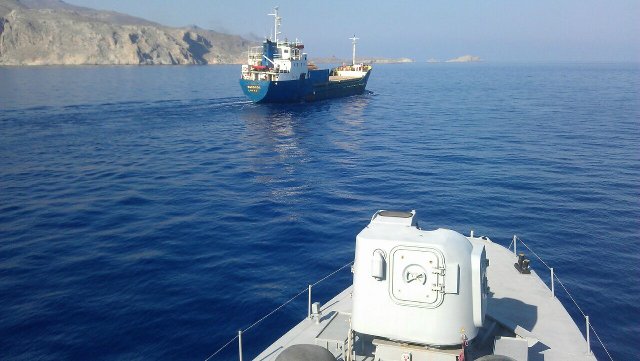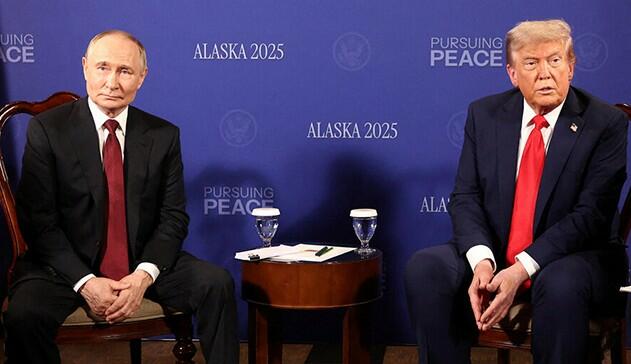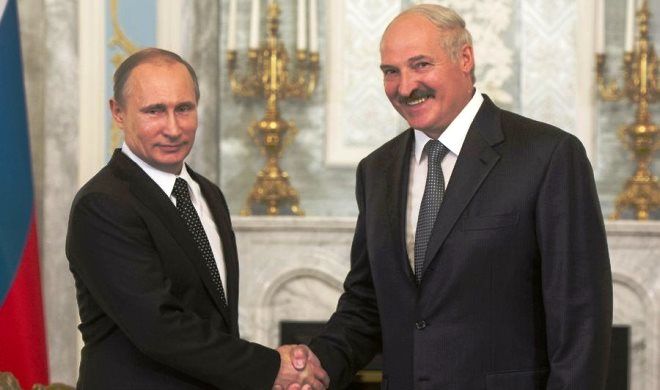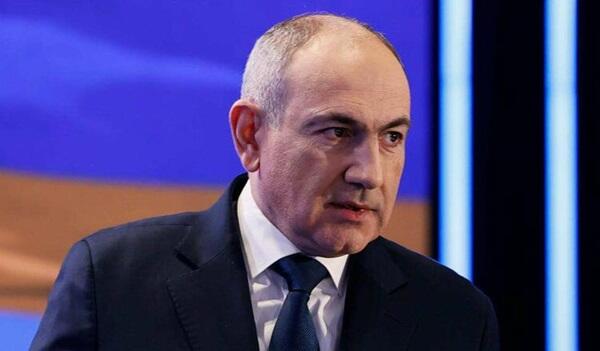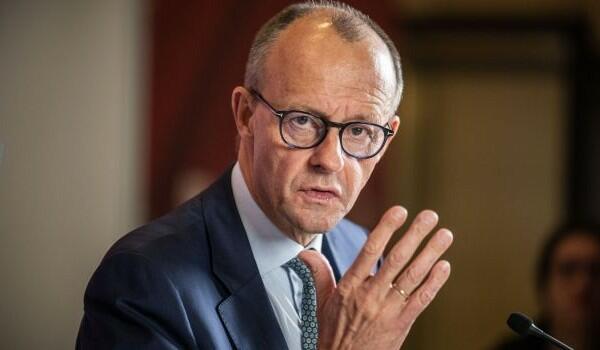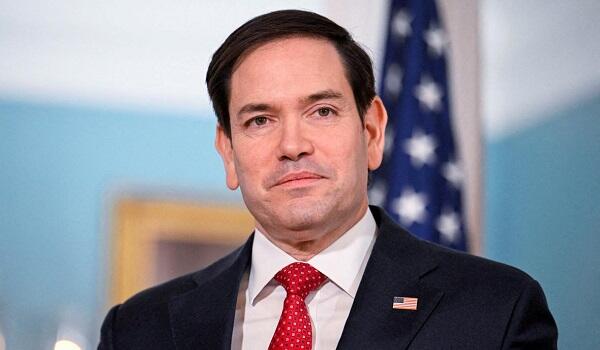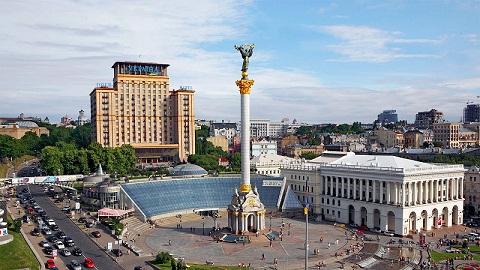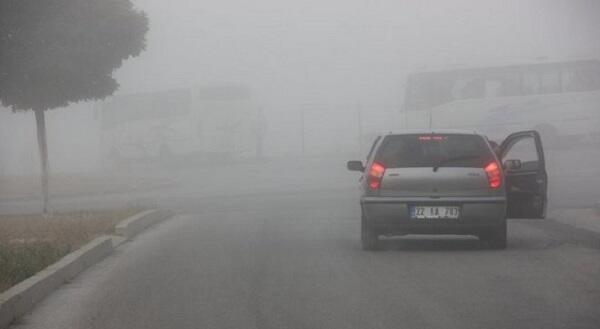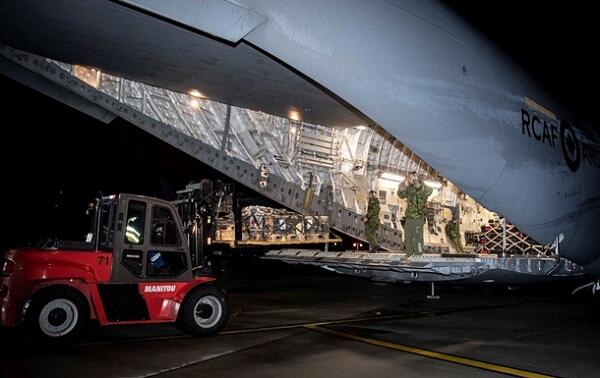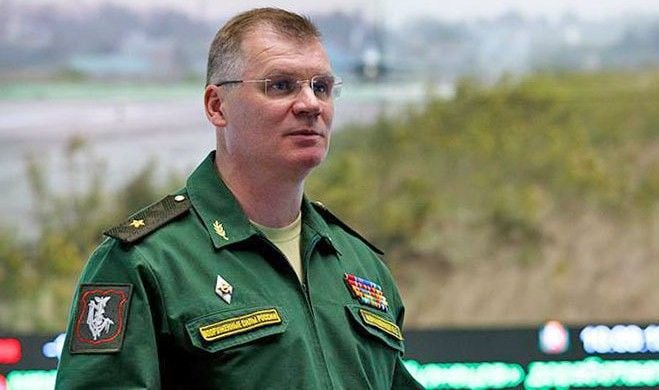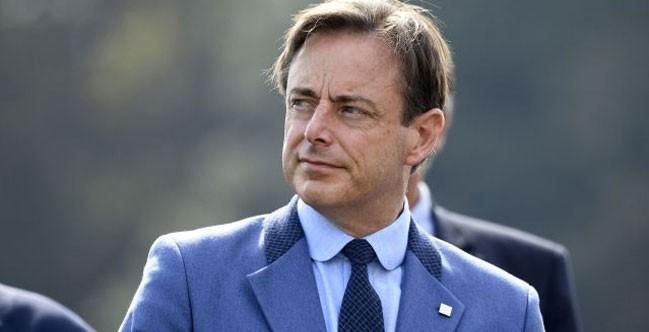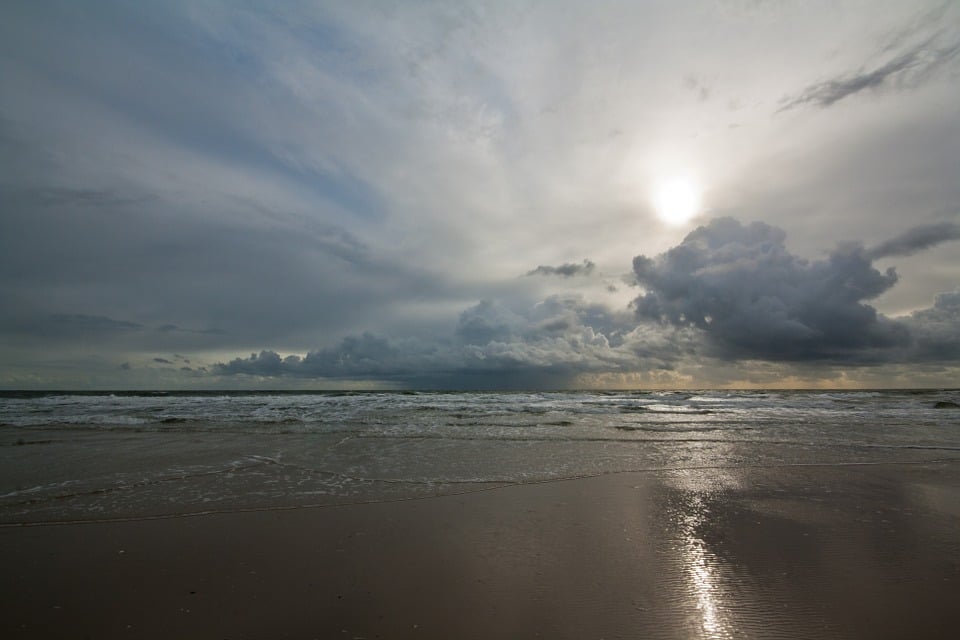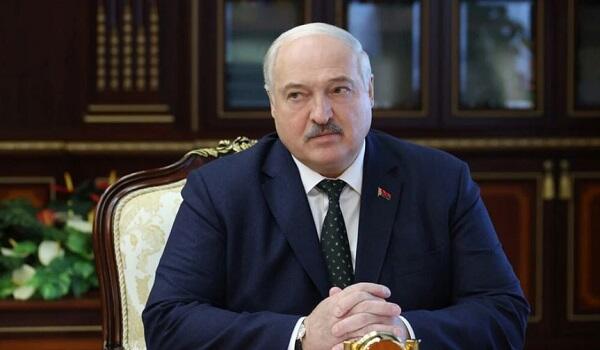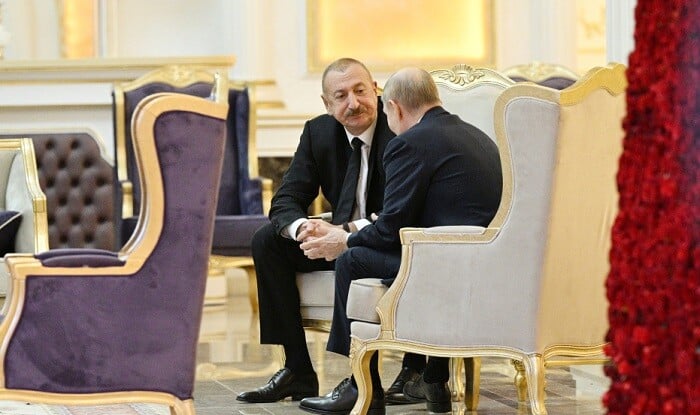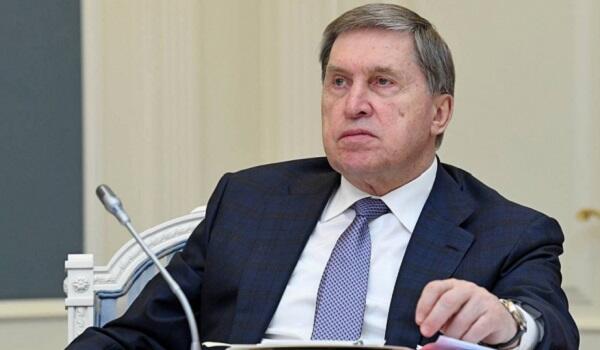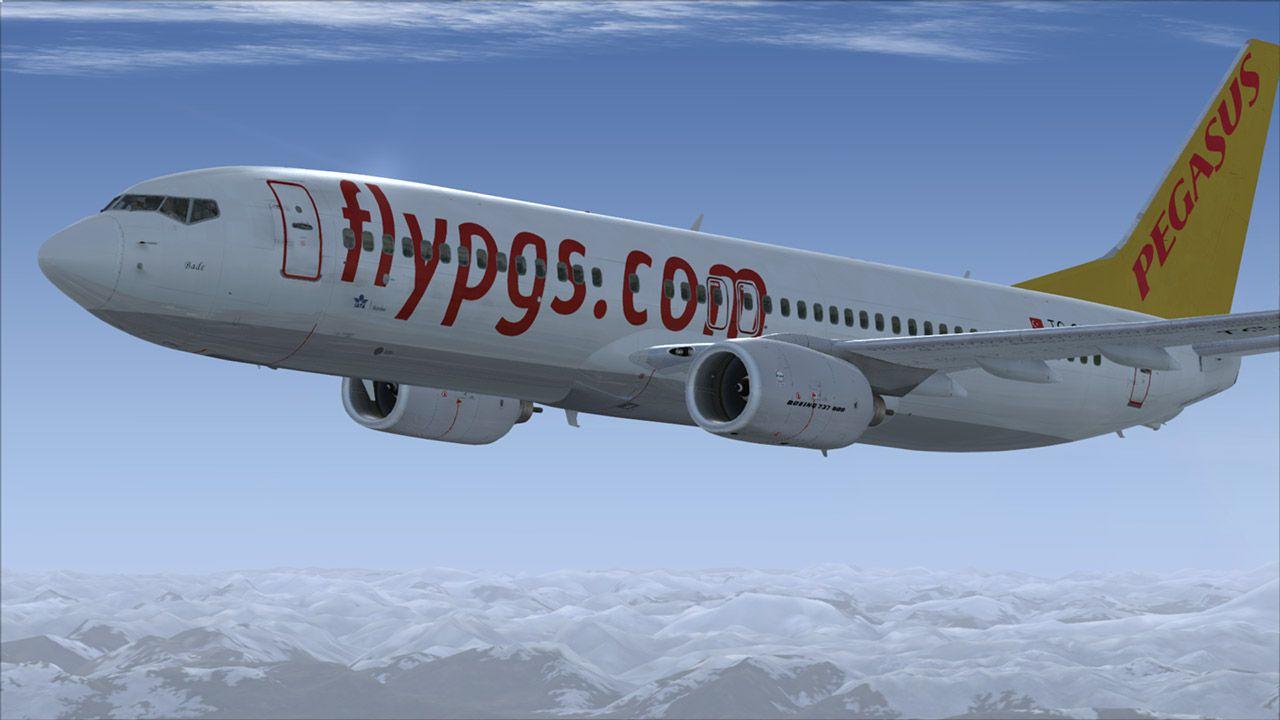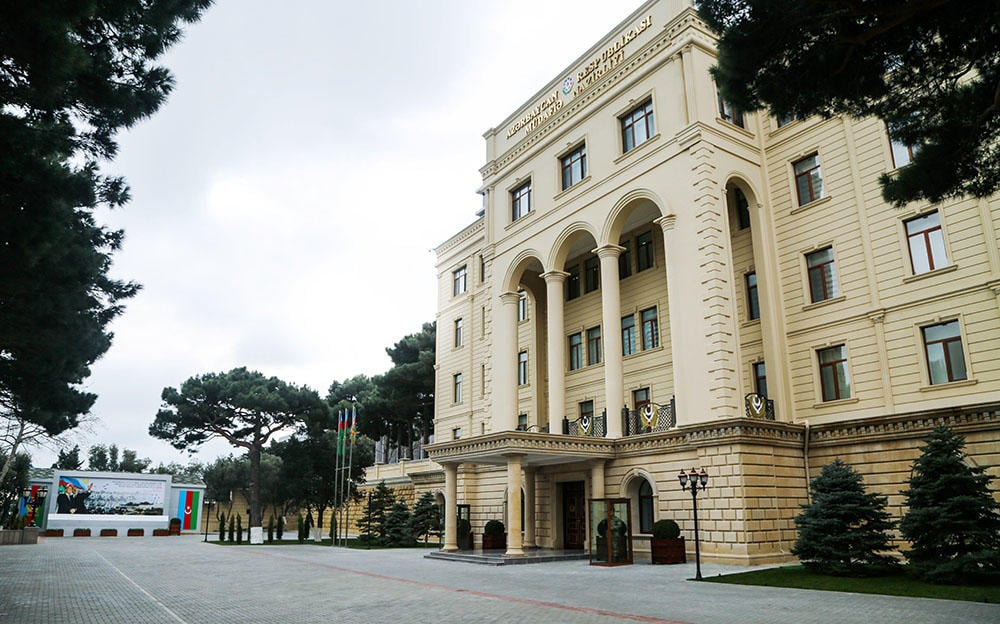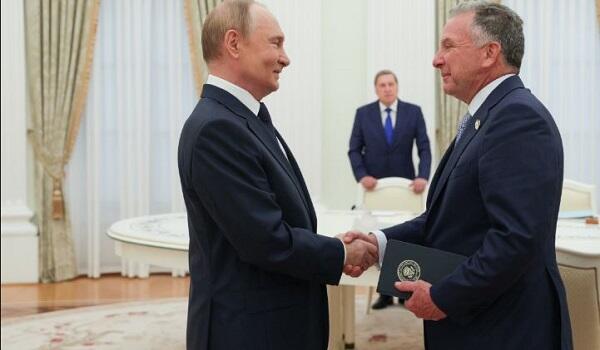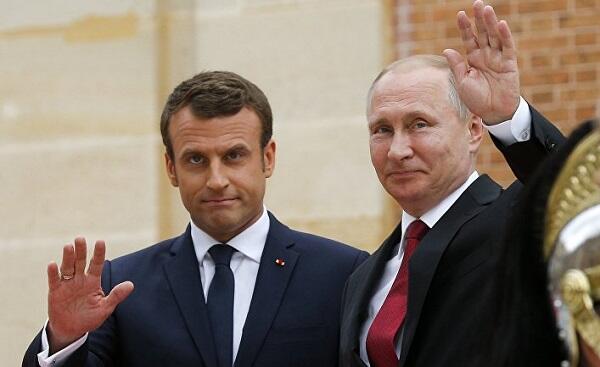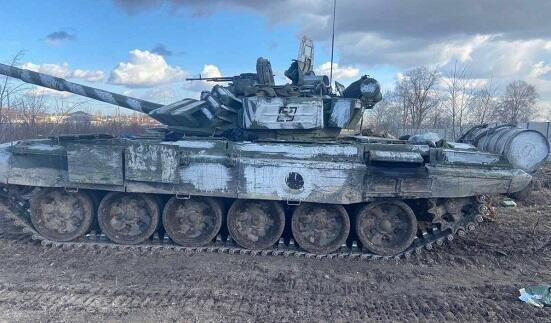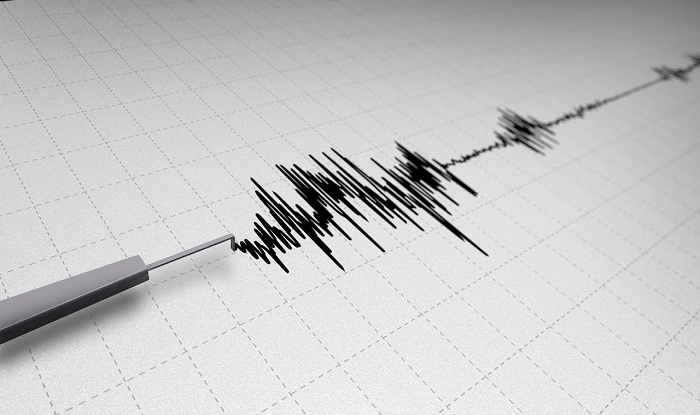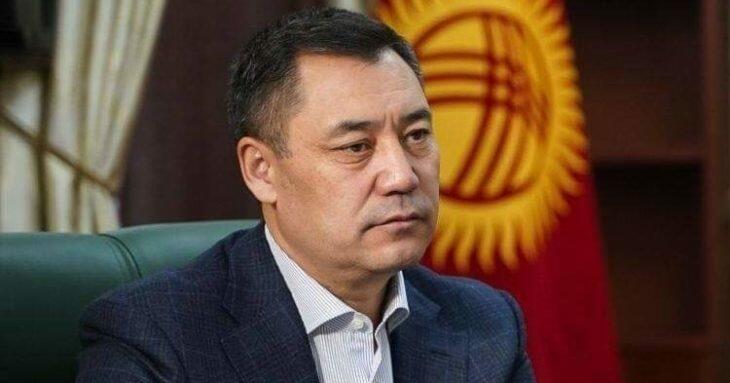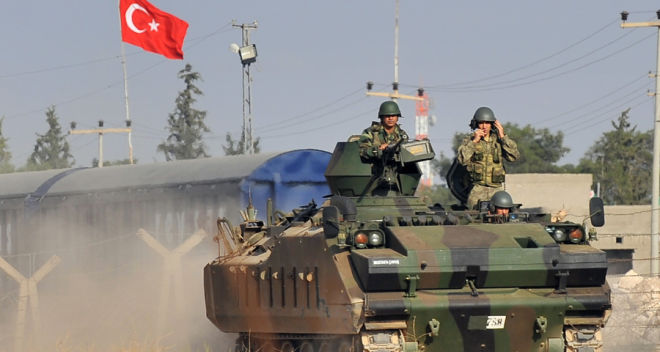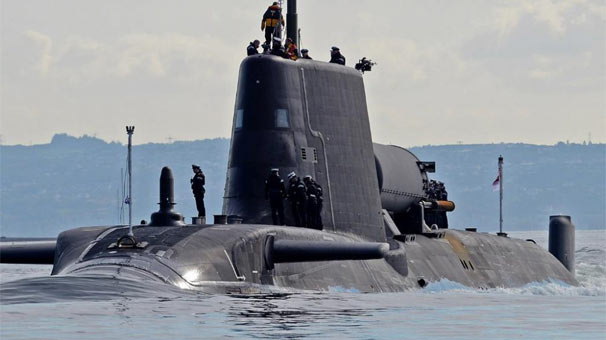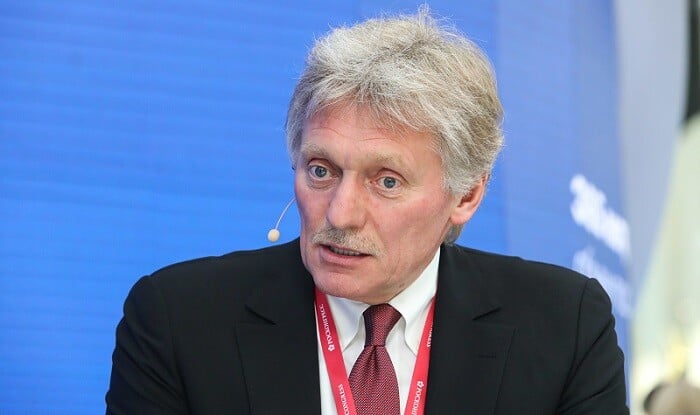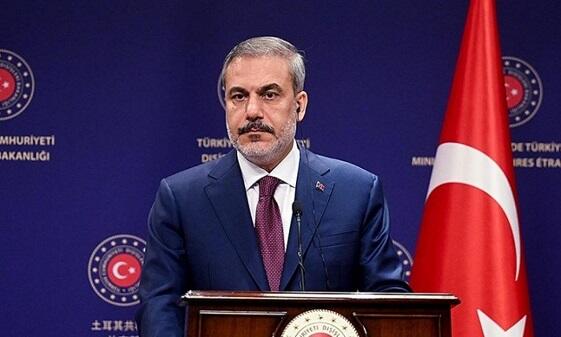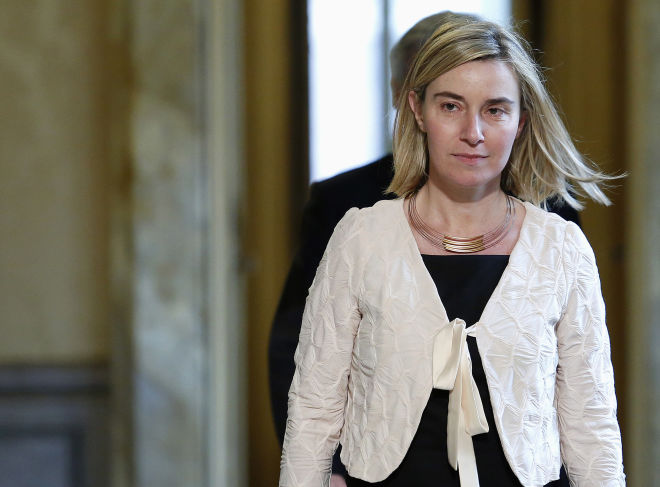With pressure growing on Europe to increase its own
military spending after the election of Donald Trump, European
foreign and defense ministers met Monday to approve ways of
expanding their security cooperation.
Expanding European defense cooperation has long been
controversial, with a number of proposals in the past blocked by
Britain, which preferred to work to strengthen security through the
North Atlantic Treaty Organization.
But Britain’s decision to leave the European Union and now the
election of Mr. Trump has given fresh impetus to the EU to come up
with new plans for security cooperation. In his presidential
campaign, Mr. Trump questioned the relevance of NATO and suggested
American military support could be conditional on European military
spending,
"We have a lot of potential that we don’t use yet," said
Federica Mogherini, the EU’s foreign policy chief. "There is a need
to strengthen our security profile," Ms. Mogherini said on
Monday.
In the past, Ms. Mogherini has said Europe must develop
strategic autonomy, an ability to act independently of the U.S., a
view that has received more support since Mr. Trump’s election.
Still, forging consensus in the EU is difficult, and divisions
remain in the bloc over how to increase military spending or create
new military capabilities.
Concerns by a number of countries over the need to avoid
duplication with NATO have resulted in a watered-down proposal for
a military headquarters. The EU is now proposing a strategic group
that could plan and oversee training missions though not conduct
peacekeeping or other military operations.
The new EU plan focuses on how to improve and speed up such
military training missions, leaving so-called collective defense
planning to NATO.
U.K. Foreign Secretary Boris Johnson said Britain, long an
opponent of EU defense ambitions, supports the current plans, but
warned they must not undercut the western alliance.
"They should be complimentary with NATO. You shouldn’t undermine
the fundamental security architecture that has looked after us for
the last 70 years," Mr. Johnson said.
In the short term, the most meaningful step forward by the EU
won’t likely be a new initiative, but simply using standing battle
groups. Nations contribute a battalion of forces for six-month
periods so that the EU always has a crisis-response team ready,
though the EU has never used the force.
Proposals for stepping up EU military spending or research
support aren’t yet ready.
While many European Union foreign ministers view Mr. Trump
warily, especially given his desire to forge a new relationship
with Russia, Mr. Johnson said Monday that the U.K. and Europe
should view the U.S. election as "a moment of opportunity."
"Donald Trump is a deal maker," Mr. Johnson said. "That could be
a good thing for Britain. It could also be a good thing for
Europe."
